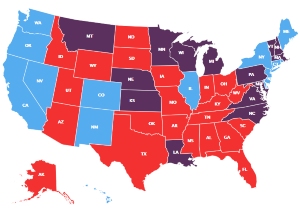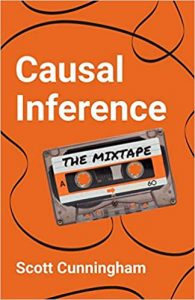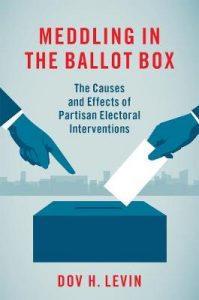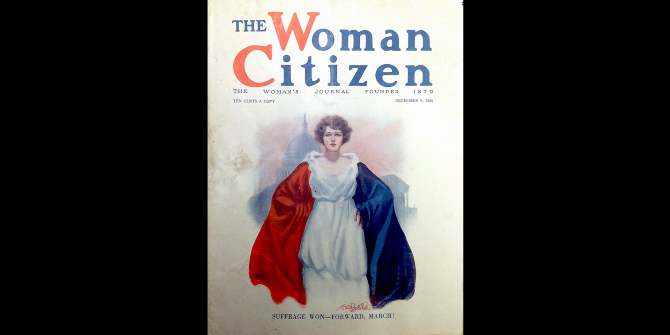Men are more likely to take advantage of family friendly policies if they think that other men want to do that too.
With the advent of more family-friendly workplace policies, more men are taking a greater role in caregiving and child-rearing. But what influences whether or not such policies impact men? In new research which examines how young men’s cultural beliefs about gender are relevant for their responses to more family-friendly policies, Sarah Thébaud and David S. Pedulla find that such […]



















